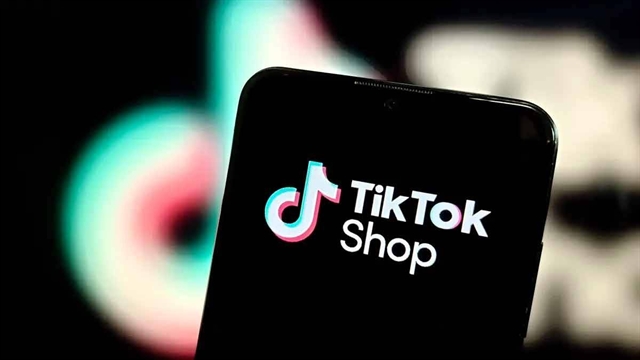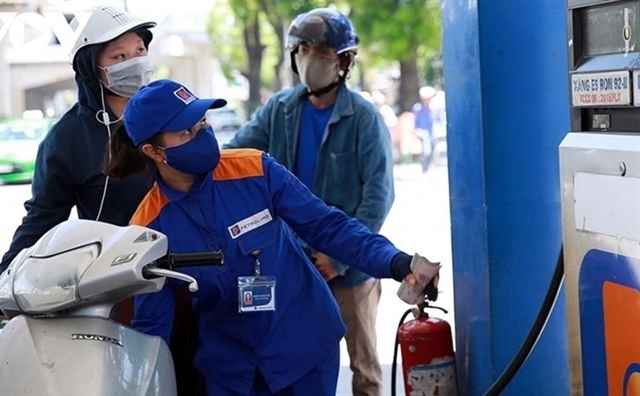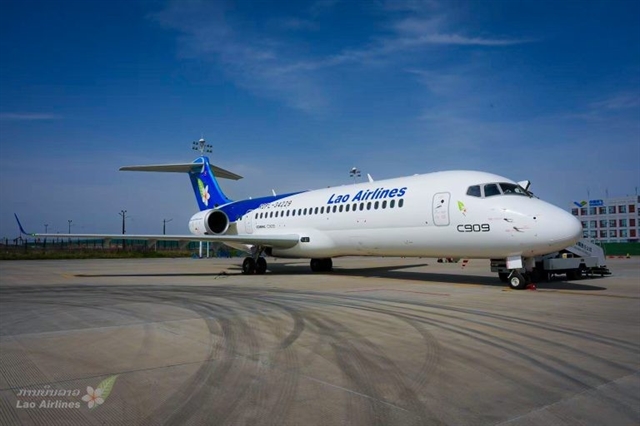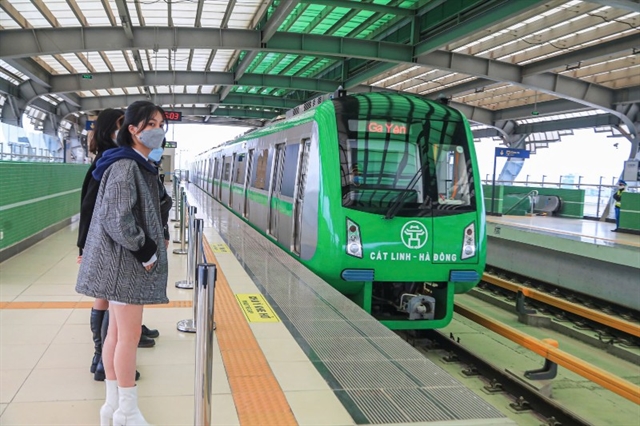 Society
Society
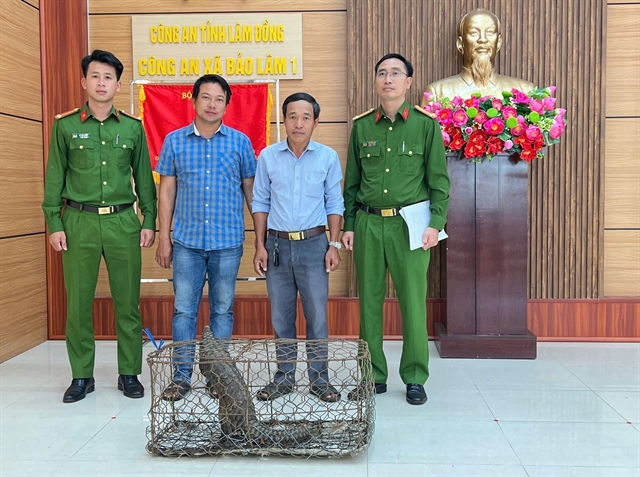
Lecturers at the Faculty of Tourism – Vietnamese Studies, Nguyễn Tất Thành University (HCM City), established a kitchen inside the university to provide meals for patients and frontline medical workers.
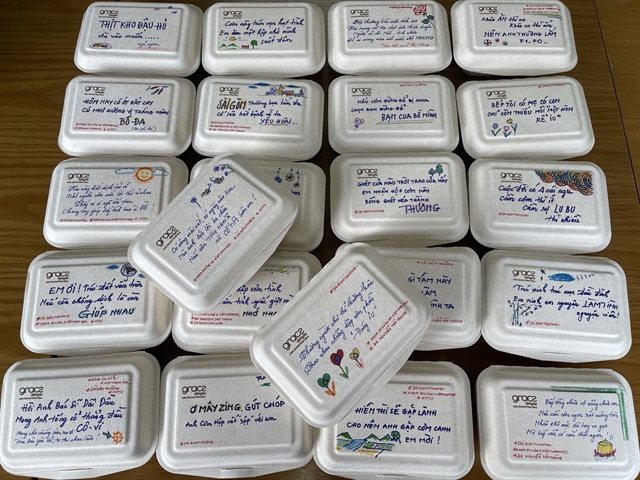
|
| Meal boxes with encouraging messages are provided for patients and health workers. — Photo courtesy of Phạm Phúc Lợi |
HCM CITY — Lecturers at the Faculty of Tourism – Vietnamese Studies, Nguyễn Tất Thành University (HCM City), established a kitchen inside the university to provide meals for patients and frontline medical workers.
Phạm Phúc Lợi, a fashion photographer and lecturer at the faculty, said the initial intention was to establish a kitchen inside the university to provide food for students who have been stuck in the city during the COVID-19 pandemic.
But gradually, the members realised that the patients and frontline doctors also needed food, and decided to increase the number of meals to hundreds of boxes per day.
This charity kitchen has been operating for more than two months, with the initial number of members totalling only seven people who are lecturers of the Faculty of Tourism – Vietnamese Studies.
"Most are only familiar with words, lesson plans and teaching. So being in the kitchen to cook nearly one hundred meals a day is really very stressful and difficult for us,” Lợi said.
Seeing everyone's meaningful work, Lợi persuaded seven members of his family to join the kitchen. Since then, the kitchen's productivity has increased to 300 meals per day.
During the city's lockdown period, to ensure the safety of members, all members of the kitchen must stay away from their families, living on campus.
"Cooking for one family is not easy. Fourteen people cooking 200-300 meals a day, over the past two months, has been really hard,” he said.
But all members have never complained, everyone wholeheartedly wants to contribute delicious meals to helping patients and frontline doctors.
“We hope that patients will get well soon after their treatment," said the young lecturer.
In order to deliver meals to hospitals in the afternoon, the members had to start at 6am. They buy materials, cook rice, prepare food, then pack the dishes in boxes and transport them.
"From morning to noon, we cooked and prepared food. Early afternoon is the time for packing, delivering meals, cleaning and sanitising the kitchen," according to Lợi.
At the end of the afternoon, all members played badminton and other sports in the schoolyard.
In the evening, the members gathered in the schoolyard to prepare vegetables, process ingredients and pack sauce for the next day.
Apart from the volunteer work at the kitchen, when the new school year started, the lecturers had to get back to online teaching.
Every day, teachers swapped roles to meet their teaching schedule and the work of the kitchen.
"The kitchen is busy, but everyone reminds each other to speak quietly so that other teachers can still teach," said the young lecturer.
While working in the volunteer kitchen, Lợi often thought of fun activities, such as listening to the radio together or discussing social issues.
He also wrote funny and witty messages on the food boxes by hand.
"Wishing and encouraging everyone to be optimistic, get well soon, and be strong to overcome difficulties – a positive spirit helps people beat the illness," he said.
He took advantage of the 45-minute lunch break to write each line on the boxes.
He wrote lines of folk songs or sayings to keep people's spirits up, like: “Who brings a bowl of soft and fragrant rice. Please share in the days of COVID”, and "The cook does not have a partner, the eater is single, we make an appointment when the pandemic ends."
Lợi said: “Every day I write on about 30 boxes out of a total 300 being delivered in the city. In each large bag with 20 meals, there are at least two boxes with good wishes.”
“Many people want more boxes with messages, but I don't have enough time," the photographer said.
As he witnessed so much pain and loss in the city during the devastating pandemic, Lợi always thought about how to create positive energy and share love with everyone.
He said that just sending a little more care would be a great source of encouragement to those who were struggling with the virus every day.
When the city authorities began to ease COVID restrictions on October 1, the chefs can go home and rest for a while. — VNS


